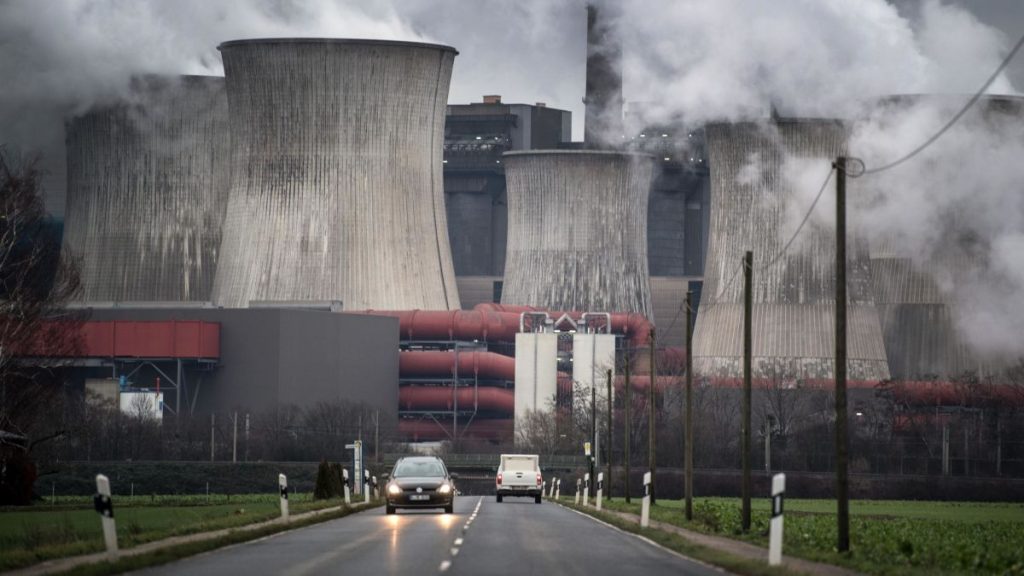Lawmakers reject EU’s centerpiece climate legislation as energy pressures bite

In a vote, parliament rejected proposals for carbon market reform, a carbon border tax and a social climate fund. The vote, which isn’t final, means the laws will be sent back to the committees that authored them for more negotiations and a redraft, which will then be debated and voted on again.Setting more ambitious targets for the EU’s carbon emissions trading scheme, which forces some of the biggest polluters to buy carbon credits, was the bloc’s centerpiece legislation in its umbrella Fit for 55 plan. The plan is a roadmap for the EU to cut emissions by 55% by 2030 from 1990 levels, one of the most ambitious climate targets in the world. Wednesday’s session in parliament involved vote amendments to hundreds of proposed climate laws. There was an uproar among lawmakers when the final report on carbon market reform was rejected. “It’s an unexpected situation, but we are going to manage,” said Pascal Canfin, chair of the Environment, Public Health and Food Safety committee, which authored the report. He said negotiations over a revised text were starting immediately. The outcome of several other policies is also uncertain as concerns about soaring energy costs and inflation collide with Europe’s commitments to fight global warming.A key vote yet to come is on plans to impose a 100% cut in CO2 emissions from new cars by 2035, effectively banning new combustion engine car sales in the EU. Some lawmakers want to weaken that to a 90% CO2 cut. The EU’s world-first plan to place a CO2 levy on imports of carbon-intensive goods such as steel and cement is also up for vote.Brussels is touting the policies as a way to swap reliance on Russian fossil fuels for locally produced green energy, eventually lowering energy prices and avoiding the spiraling costs that failing to tackle global warming would incur.But some lawmakers cite the immediate pressures of energy costs, the economic consequences of the Ukraine war, and the need to give industries more time to adapt as reasons for a slower approach.’Think twice,’ lead negotiator pleasThe rejection of the report was a rare move that exposed divisions on the bloc’s biggest climate change policy and could delay the measure.Green and Socialist lawmakers rejected the carbon market proposal after initial votes indicated parliament would weaken its ambition compared with an earlier position. Lawmakers from right-wing groups including the European Conservatives and Reformists also opposed it, despite having agreed to support some compromises ahead of the vote.Peter Liese, parliament’s lead negotiator on the carbon market reform, urged his colleagues to try again in the committee to find a proposal that would win support.”All those that voted against today can think twice… please don’t kill the ETS,” he said.The rare outright rejection could set back the timeframe for finishing the law — which the EU is racing to do this year, as it attempts to cut emissions faster by the end of the decade.







